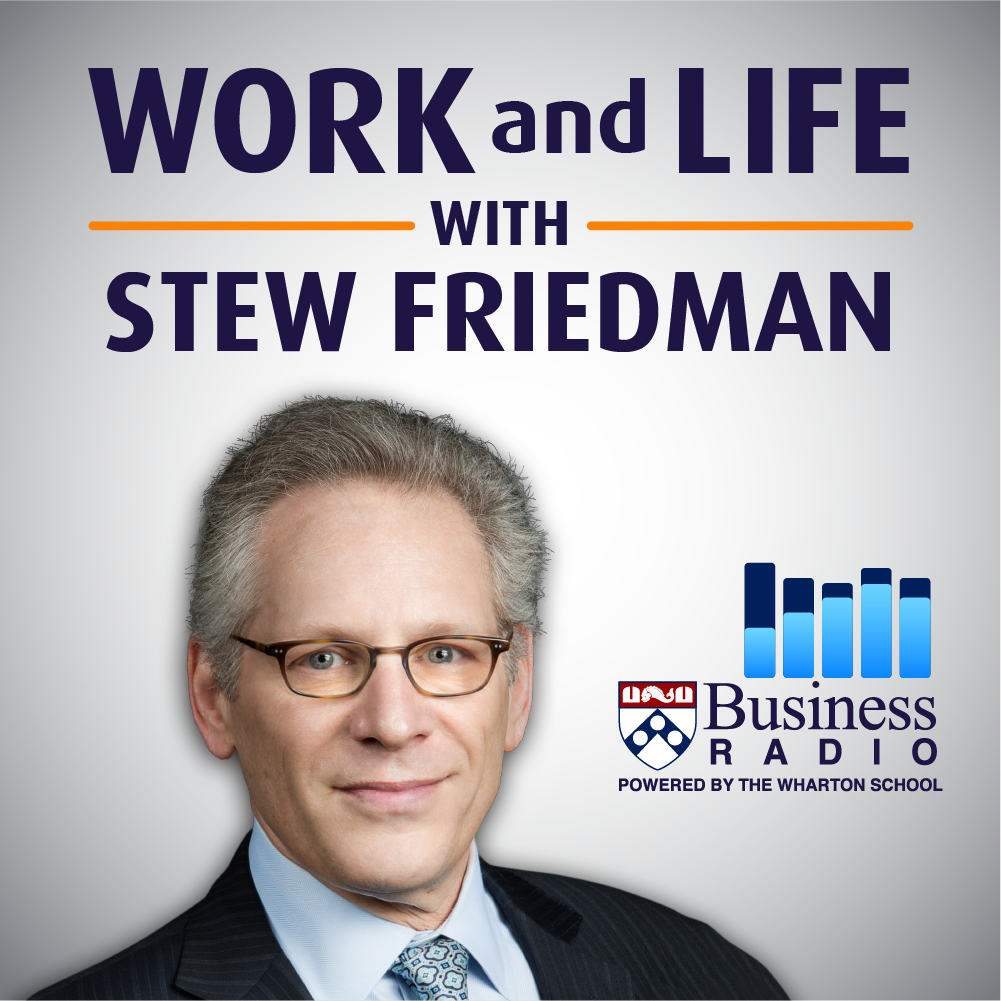Ep 184. Chaz Howard: A new Liberation Theology
“We seek not to displace the existing white (male, straight, Christian, able-bodied, cis-gendered) power structure, but rather to introduce other marginalized voices into the center as well.”
Chaz Howard
Reverend Charles “Chaz” Howard is the first-ever Vice President for Social Equity and Community at the University of Pennsylvania—a role he assumed in June 2020. But he’s long been a part of the Philadelphia community as Penn’s University Chaplain. After graduating Penn's College of Arts and Sciences in the year 2000, Chaz served in both hospital and hospice chaplaincies, and as a street outreach worker to individuals experiencing homelessness in Philadelphia before returning to his alma mater. As Vice President for Social Equity and Community at Penn he’s overseeing the University’s Projects for Progress, a new fund intended to encourage students, faculty, and staff to design and implement pilot projects based on innovative research that will advance Penn’s aim of a more inclusive university and community. He also works with University leaders to expand successful initiatives across campus, prominent among them Penn’s ongoing Campaign for Community, as well as to convene University events and other programming centered around social equity and community themes. He is the author of five books including most recently Pond River Ocean Rain, a collection of brief essays about going deeper with God, and The Bottom: A Theopoetic of the Streets, which will be released on November 1, 2020.
In this episode, Stew and Chaz discuss what the Reverend has learned from his remarkable experience about the difficulties in bridging social divides -- across race, class, gender, and other categories -- and why striving to do so, especially now, is essential for our lives and our communities, at work and beyond. They talk about how to overcome the barriers that keep us from understanding the fears that motivate those who don’t seem to be like us and how embracing love of our common humanity can be liberating.
Here then is an invitation, a challenge, for you, once you’ve listened to the conversation. What step might you be able to take today to better understand someone who stands on the other side of some important dividing line -- political, cultural, racial, or religious -- in your world? Share your ideas, and your reactions to this episode, by writing to Stew friedman@wharton.upenn.edu or via LinkedIn.
Listen below or on ApplePodcasts, GooglePlay, Spotify…

